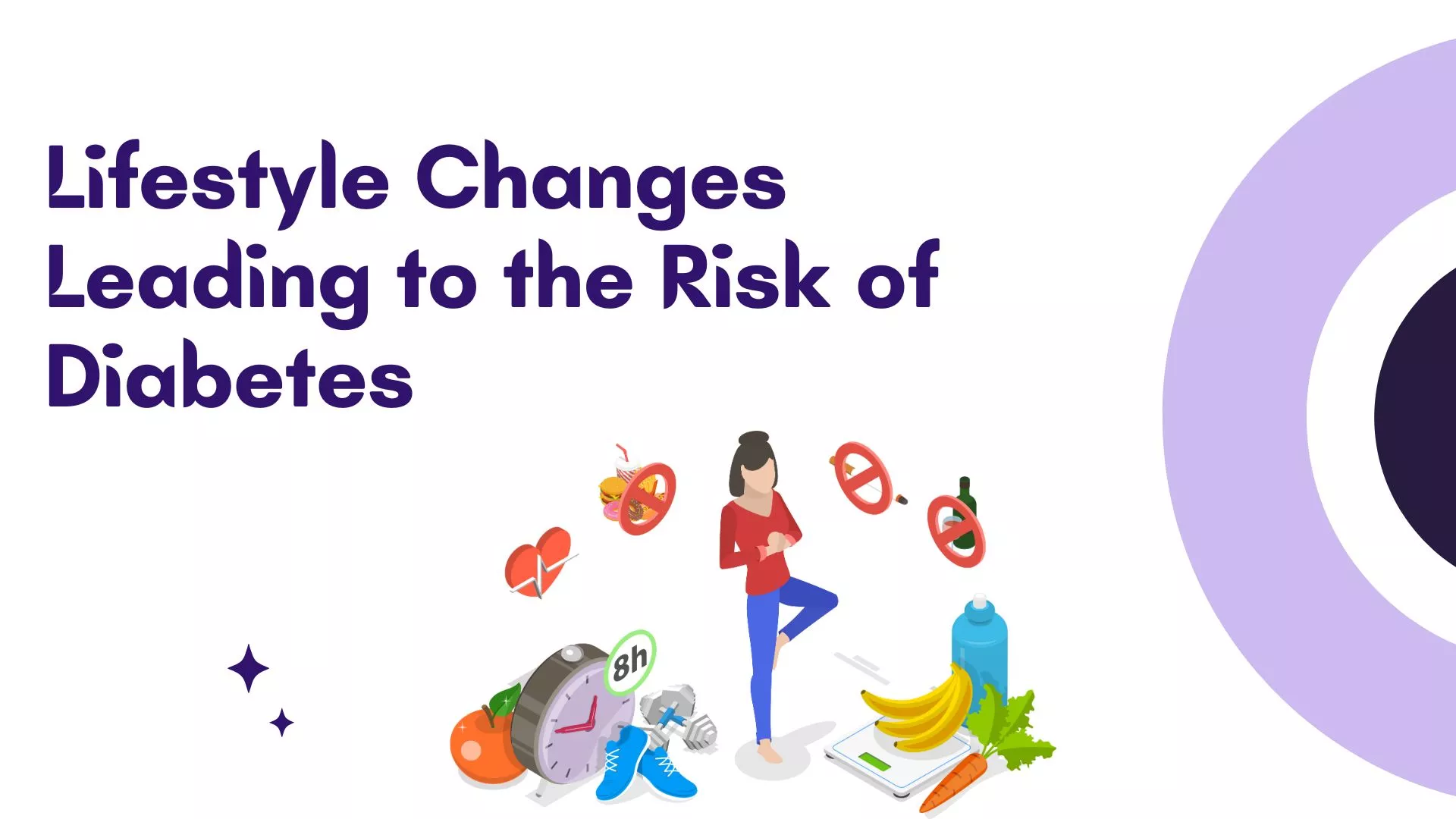Diabetes is a chronic condition that affects millions of people worldwide. In today's fast-paced world, stress is a common part of life. Many people believe that stress can directly cause diabetes, but how much of this is true? Let’s explore some myths and facts surrounding stress and its link to diabetes.
Myth 1: Stress Directly Causes Diabetes [One prevalent myth is that stress alone can cause diabetes]
Fact 1: Stress Affects Blood Sugar Levels
Stress triggers the release of hormones like cortisol and adrenaline, which can influence the blood sugar levels. It is not a direct cause of diabetes. For people with diabetes, this can complicate blood sugar management. Therefore, managing stress is important for maintaining stable glucose levels.
Myth 2: Only Mental Stress Impacts Diabetes
Fact 2: Both Mental & Physical stress have an impact on blood sugars.
Many assume only mental stress affects diabetes, but physical stress can have an impact as well. Illness, injury, or surgery can cause physical stress, leading to changes in blood sugar levels. Both types of stress require attention and management.
Myth 3: Stress Management is Only About Relaxation
Fact 3: While relaxation techniques are a key component of stress management, they are not the only tools available. Exercise, a balanced diet, adequate sleep, and social support are equally important in managing stress and its impact on diabetes. A holistic approach to stress management can lead to better overall health and improved diabetes control.
Myth 4: Stress Management Doesn’t Affect Diabetes Risk
Fact 4: Some believe that managing stress has no impact on diabetes risk. In reality, reducing stress can lead to healthier lifestyle choices, such as improved diet and increased physical activity, which can lower the risk of developing Type 2 diabetes.
Conclusion
In conclusion, while stress is not a direct cause of diabetes, it plays a significant role in how the body manages blood sugar. By debunking these myths and adopting a holistic approach to stress management, individuals with diabetes can improve their overall health and well-being.











